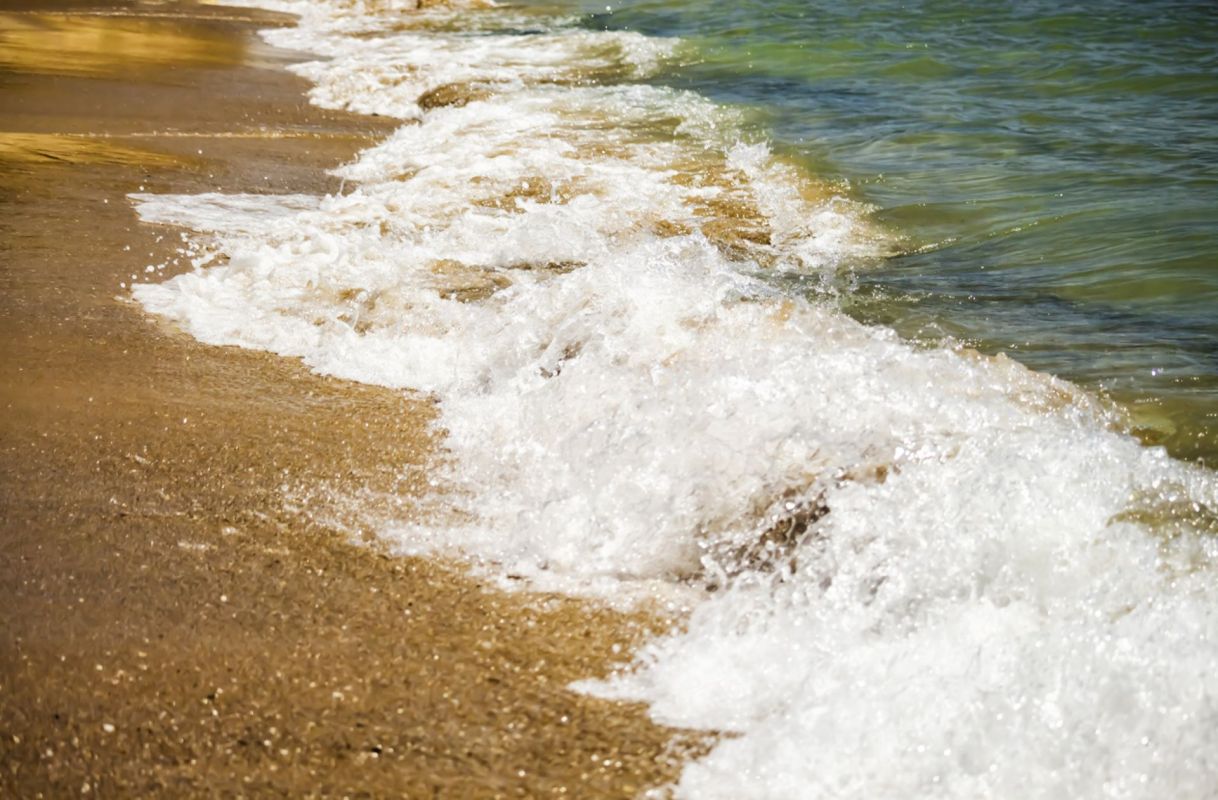A protected coral reef off the Florida Keys has been devastated by warming ocean temperatures, with one site witnessing "100% coral mortality," as CBS News reports.
The Sombrero Reef restoration has been worked on for more than 10 years in an effort to maintain healthy corals, but an increase in water temperature has led to a major coral die-off.
What happened?
The Florida Keys National Marine Sanctuary has sounded a warning after a coral restoration nursery saw a significant loss of marine life.
"What we found was unimaginable — 100% coral mortality," Phanor Montoya-Maya, restoration program manager at Coral Restoration Foundation, said in a statement. "We have also lost almost all the corals in the Looe Key Nursery in the Lower Keys."
Ocean temperatures in the Florida Keys have been higher than usual. According to the National Centers for Environmental Information, the average coastal water temperature at Vaca Key in the Florida Keys was 89.1 degrees Fahrenheit in July. Ocean temperatures in the area reached as high as 93 degrees Fahrenheit in July 2023, CBS News noted.
While other restoration zones in the sanctuary have not been affected as drastically, the events in Sombrero Reef provide a stark reminder of how essential it is to continue efforts to cool the Earth's climate.
Why is the coral reef so important?
Florida's Coral Reef system is vital to the area. According to CBS News, its support for the state's food and tourism industries injects $6.3 billion annually into the local economy.
This system runs 350 miles along Florida's coast. It not only makes a massive impact on the local community monetarily, but it also acts as a natural barrier from hurricanes, mitigating the impact felt on land and at sea from the storms.
What can be done to protect the corals?
Montoya-Maya discussed the efforts to protect the corals from rising temperatures, noting waters in the Upper Keys are much cooler and not as disastrous for coral life.
"We are now rescuing as many corals as we can from our nurseries and relocating key genotypes to land-based holding systems, safeguarding our broodstock — potentially, the last lifeline left many of these corals," Montoya-Maya told CBS News.
CEO of the Coral Restoration Foundation R. Scott Winters, meanwhile, called for "globally concerted efforts to combat climate change."
Join our free newsletter for cool news and cool tips that make it easy to help yourself while helping the planet.









